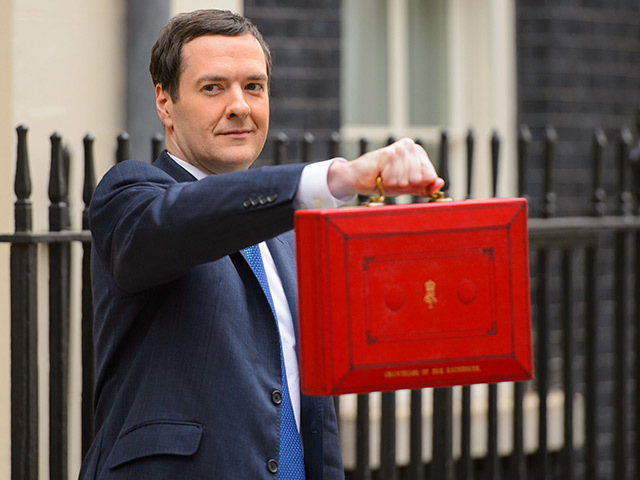
The UK government is on a mission to maximise economic oil and gas recovery from the UK Continental Shelf (UKCS) as higher development costs for aging oil and gas fields, depressed global oil prices and projections of slower global economic growth put even more pressure on the industry.
As a result, the UK government announced significant tax cuts in its Budget 2016 worth £1 billion over five years to support the sector. The move will see the Petroleum Revenue Tax (PRT) effectively scrapped. Further, an existing Supplementary Charge for petroleum companies will also be reduced significantly, with the government also indicating other fiscal changes that will allow petroleum companies to access certain tax allowances and decommissioning costs.
The changes
The current UK regime comprises three elements: Ring Fence Corporation Tax; a Supplementary Charge; and PRT.
The Ring Fence Corporation Tax applies to petroleum companies in the same way that it applies to all companies except with the addition of a ring fence. The fence covers a company’s taxable profits derived from oil and gas extraction in the UK and the UKCS. Companies may not reduce their ring fence profits by losses incurred from their other activities or by excessive interest payments. The current rate of tax on ring fence profits is 30 per cent, compared to 20 per cent mainstream corporation tax. A first year allowance is available up to 100 per cent of all capital expenditure
The UK government announced two significant reforms to the Supplementary Charge and PRT in March 2016. The current 20 per cent rate for a Supplementary Charge on a company’s ring fence profits – but no deductions are permitted for finance costs – will be cut to 10 per cent. PRT meanwhile, is to be abolished. PRT is a field based tax charged on profits arising from oil and gas production from individual fields which were given development consent before 16 March , 1993 was 35 per cent, having previously been reduced from 50 per cent in 2015.
The zero rate of PRT will apply to all chargeable periods ending after 31 December, 2015. As for the new rate of the Supplementary Charge, this will apply for accounting periods commencing on and after 1 January, 2016, with transitional rules applying to accounting periods before that date.
The proposed tax cuts will be introduced in Finance Bill 2016
The impact
The reforms have been universally welcomed by industry, but some commentators suggest that the Budget 2016 was a missed opportunity by the UK government to be more radical by abolishing the Supplementary Charge altogether in order to simply the tax regime or to provide allowances for exploration or production to encourage further investment. Others suggest that the changes are in line with a long history of fiscal policy changes by the UK government in response to the rise and fall of the price of oil, a legacy of fiscal uncertainty that provides little assurance to investors. Furthermore, with the current level of oil price, tax changes may have little net effect for several players.
Whilst the reduction of the Supplementary Charge and effective abolition of PRT appear significant, the impact of the proposed tax cuts should be considered in the context of the current application of these taxes on petroleum companies operating in the UKCS. Based on industry sources, there are approximately 100 oil and gas fields that are potentially subject to PRT yet sixty of these fields have never been profitable enough to pay the tax, notwithstanding previous higher commodity prices. Arguably, under existing market conditions, the impact of these tax cuts on UKCS operations is not as significant as it first appears.
Whether the Budget 2016 will do enough to support the UK oil and gas sector in the current market conditions remains to be seen. However, following the Wood Report, it is clear that the UK government now recognises that it urgently needs to create a competitive environment in order to attract investment with the aim of maximising economic oil and gas recovery of the UKCS – and this probably includes a fiscal policy that is more reflective of the UK’s ageing oil and gas fields.
Kevin Conway is a partner and Trinh Chubbock is an associate in the London office of King & Spalding.
Recommended for you
